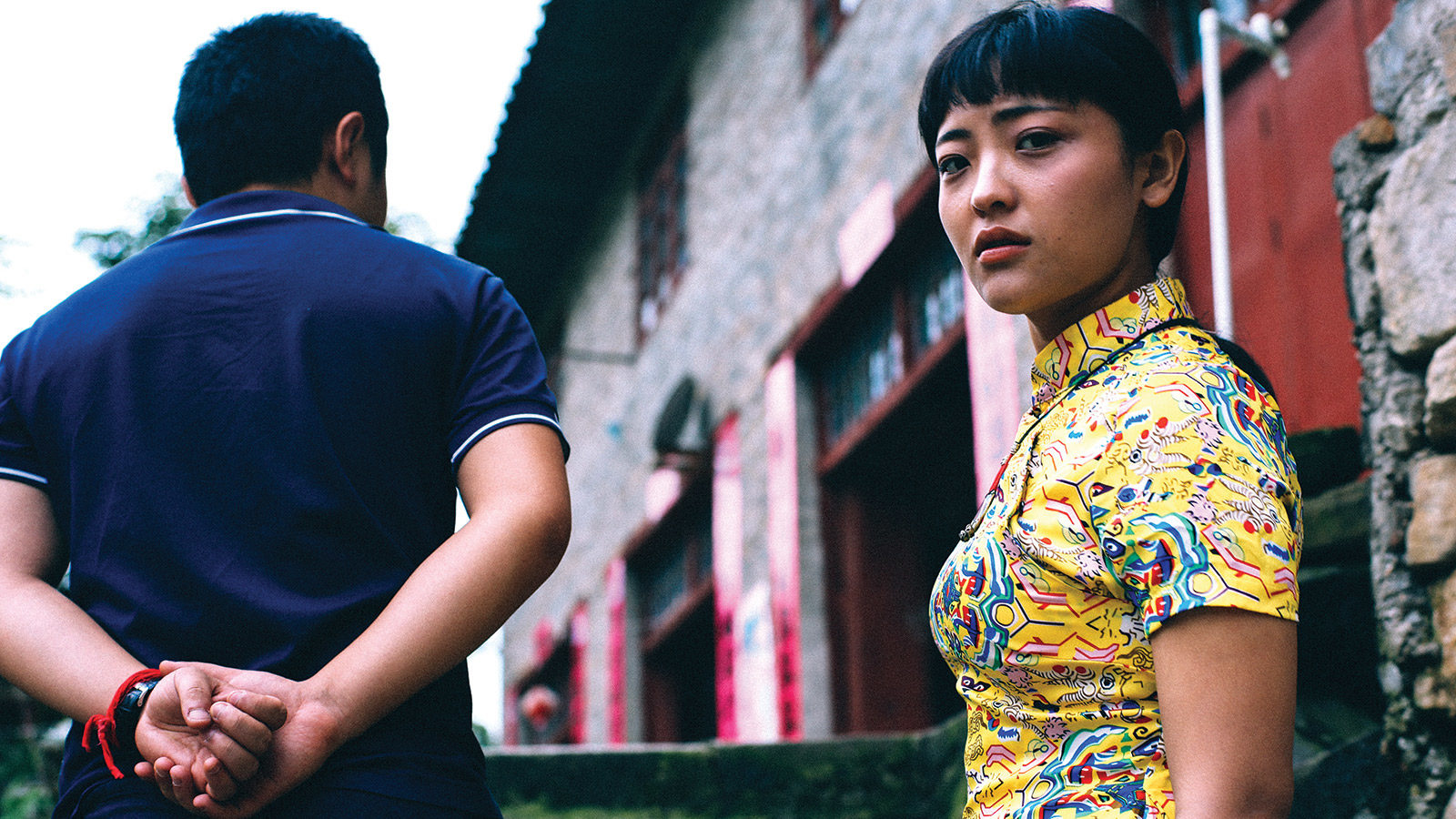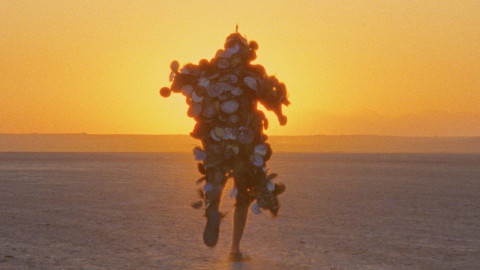By Andrew Chan in the May-June 2016 Issue

Short Takes: Kaili Blues
(Bi Gan, China, 2015)
Like the work of many young filmmakers, Bi Gan’s debut feature pulsates with a cinephile’s admiration for his predecessors: there are leisurely motorcycle rides reminiscent of Apichatpong Weerasethakul, lonely locomotives borrowed from Hou Hsiao-hsien, and symbolic clocks out of Wong Kar Wai’s Days of Being Wild. Yet the voice resonating behind these familiar motifs is one of such dazzling originality, it’s hard to emerge from this waking dream of a film without feeling the shock of the new.

From the May-June 2016 Issue
Also in this issue
A member of China’s Miao minority, Bi immerses us in small-town life in the subtropical province of Guizhou, where the mountains are lush and the buildings ramshackle. It’s the kind of location that lends itself to ruminative establishing shots and slow pans, but the voluptuously executed cinematography is made all the headier by a dizzying plot, which involves a formerly incarcerated doctor on a journey to find a nephew who has been sold off to a watchmaker.
The missing-person narrative is a pretext for a mesmerizing search for lost time. Midway through, Bi plunges us unawares into 40 minutes of long-take heaven, with his camera crossing bridges and streams, winding its way through a village’s honeycomb structure, landing on a street-side rock concert, and floating between perspectives with the shape-shifting agility of a ghost. It’s one of the rare moments in recent cinema where ostentatious screen-craft proves equal to the task of channeling a multitude of inexpressible sorrows.




